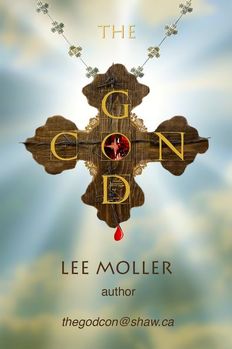 ofThis book and The Splendid and the Vile cover much of the same ground, but from different perspectives. The latter looks at the politics and infighting in Fighter Command and other agencies from the top… Churchill, Beaverbrook et al and their upper-class struggle to win the war. This book views the struggle from the bottom. Regular men and women thrust into the war and getting life lessons in fighting and dying. The first familiar person mentioned, who appears again and again, was Douglas Bader. The double amputee was inspirational for millions of Brits. Another name that popped up a few times was Watson-Watt, the genius behind England's secret weapon: radar. Air Marshall Hugh Dowding and his junior Keith Park were the top people running Fighter Command. Leigh-Mallory was also there. His brother George Mallory was notable as one of the first to climb Mt Everest. He did not climb down and his mummified body stood guard over the route up for decades. Leigh-Mallory was re-assigned after the Battle of Britain to Burma. Ironically, he never made it: his plane ran into a mountain. I would write more about these folks, but the book lacks an index, so finding items in it is hard. I will only mention a few highlights. The very first Battle of Britain sortie was so badly botched that two friendly squadrons went at each other! The first fatality in the Battle of Britain was a British pilot, shot down by another British pilot. One theme came up regularly: the death of the British class system. War boils people down to their lowest common denominators, and class disappears. This was eye-opening for many people, especially young upper-class women who were suddenly removed from their posh surroundings and injected into the thick of it. Bader was always pushing for more aggressive tactics during the battle. He was an advocate, along with Leigh-Mallory, of the "big wing" concept, which never really got off the ground. He fought the Battle of Britain like a champion; got shot down; and closed out the war in Colditz. Polish pilots were terrific (in its original and modern sense). At the end of the war, they were told to go home. Home was now behind the Iron Curtain. Ultimately, the government relented and any Polish pilots who wished to stay, could. At the end, the V1s and V2s started falling. Brave ammo-less pilots would catch up to the V1 and tip it with their wing tips. This was called "nudging". This action threw off the V2s gyros causing it to crash. When the battle was won, both Park and Dowding were tossed aside. As the book notes, people are remarkably dismissive of their saviors after the are saved. This book was written just a few years ago. As a movie fan, I was pleased to see a lot of references to the movies that have been made about this period, most notably Reach for the Sky and The Battle of Britain. I can think of a couple of propaganda films that featured killed British flyers going to heaven where they met their slain mates. I thought this was just story telling, but it actually reflected a prevalent strong belief in spiritualism at the time. This is not "spiritualism" as we use the word today. Then, it meant belief in ghosts. People like Dowding write books on the subject. I liked this book better than The Splendid and the Vile in that it spoke more about day-to-day life of all the service people during the war. The Observer Corp, Home Guard, and especially WAAFs and various other female groups that worked at Blechly Park (code breaking), and a Bently Priory (tracking incoming bombers and scrambling fighters to intercept), and operated the radar units.
0 Comments
Leave a Reply. |
AuthorLee Moller is a life-long skeptic and atheist and the author of The God Con. Archives
May 2024
Categories
All
|

 RSS Feed
RSS Feed